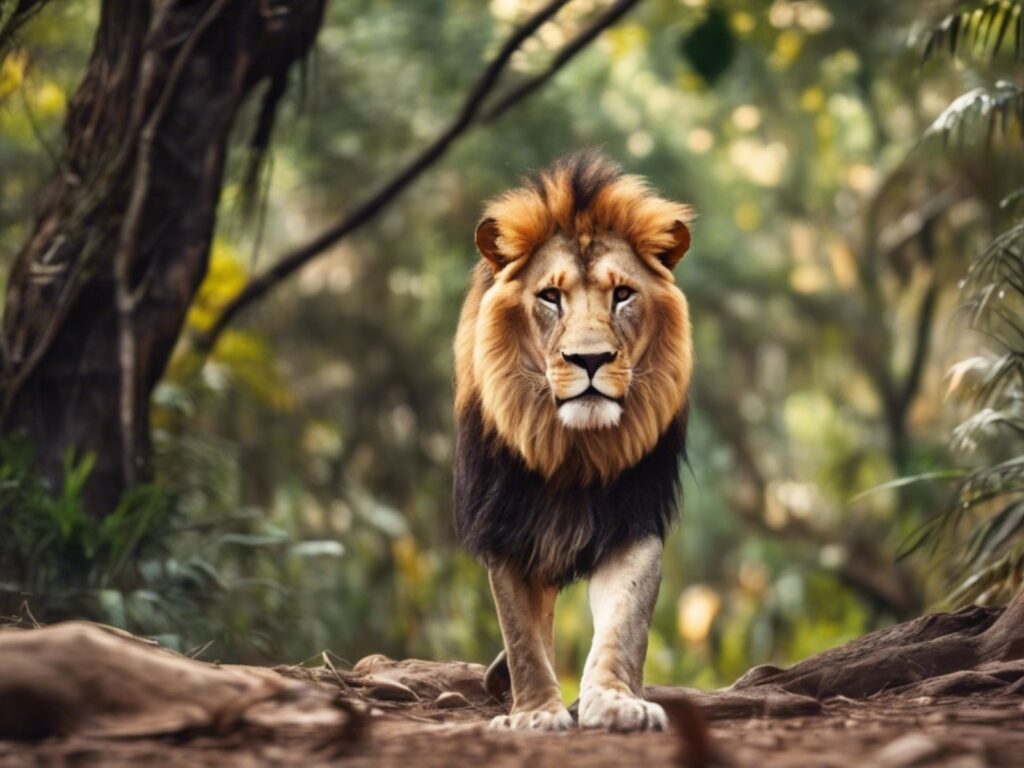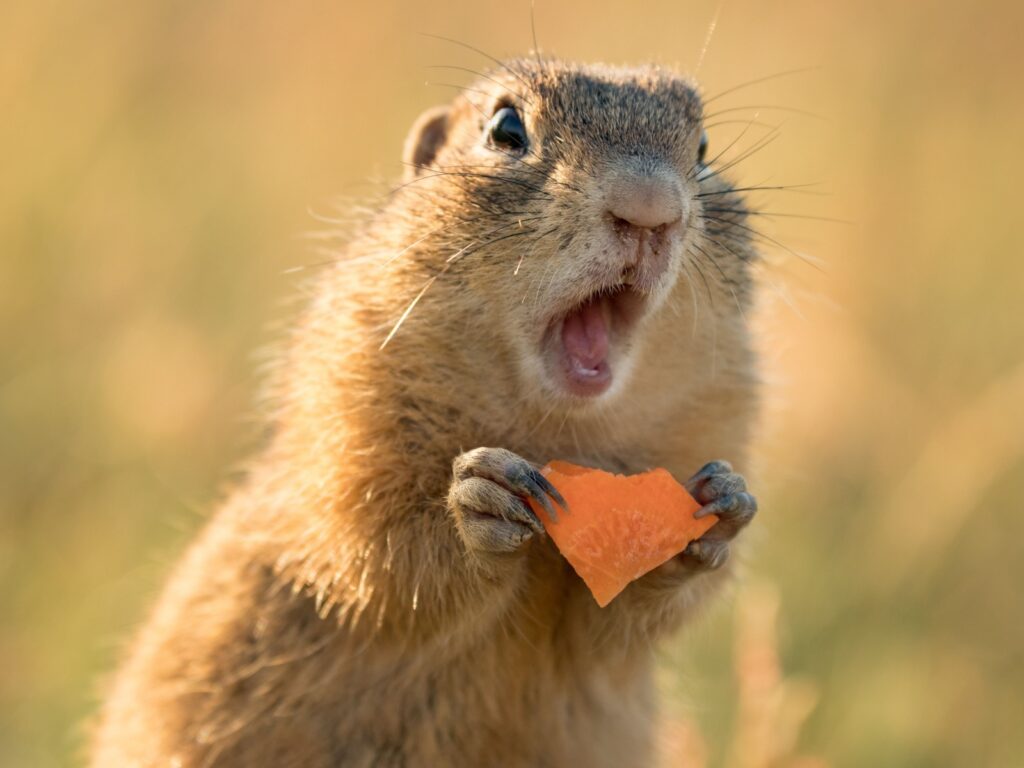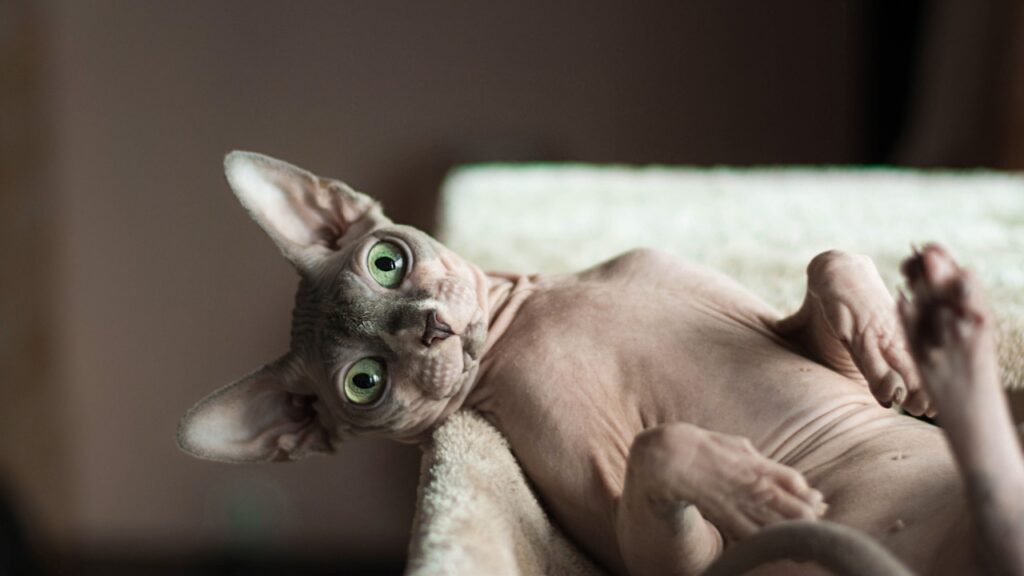Lions may be known as the kings of the jungle, but nature is full of surprises. In the wild, several creatures dare to stand up to these mighty cats, proving that even kings can be challenged. Let’s explore some amazing animals that aren’t afraid to take on lions.
African Elephants

African elephants are one of the few animals that can intimidate lions. These gentle giants tower over lions and possess incredible strength. When threatened, elephants use their massive size, powerful trunks, and sharp tusks to defend themselves and their young. Lions rarely attack adult elephants, preferring easier prey.
Nile Crocodiles
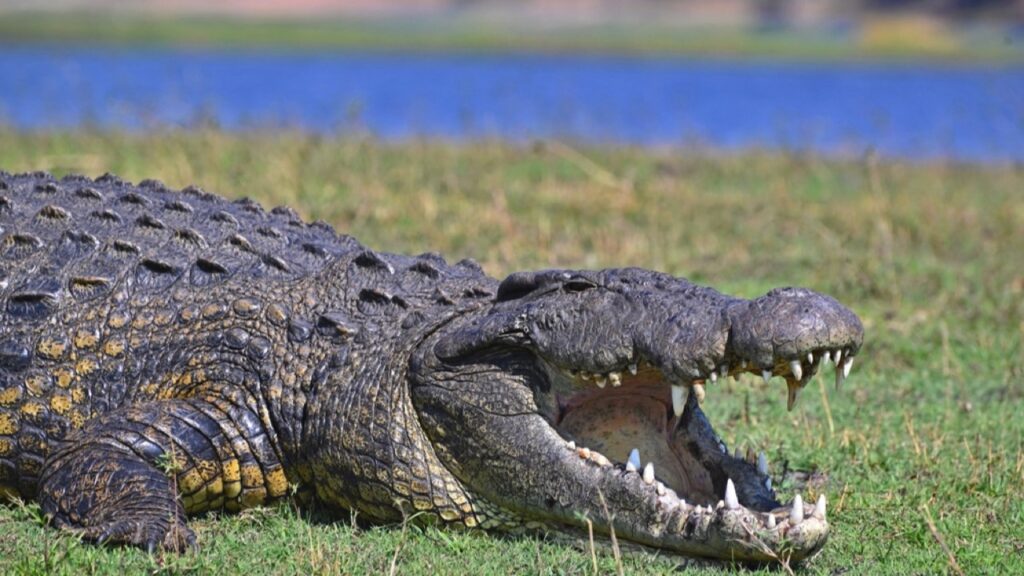
Nile crocodiles are fearsome predators that can grow up to 20 feet long. These ancient reptiles lurk in rivers and lakes, waiting to ambush their prey. Lions sometimes fall victim to crocodiles when they come to drink. With their powerful jaws and scaly armor, crocodiles can easily overpower a lion in water.
African Buffalo
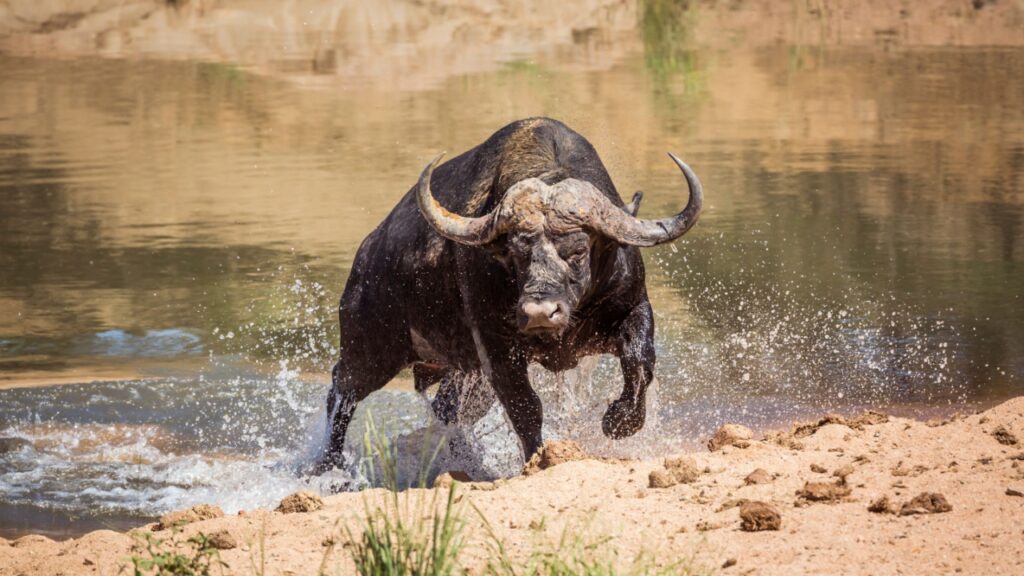
African buffaloes are known for their aggressive nature and powerful build. These massive bovines often travel in herds, providing safety in numbers. When threatened, buffaloes form a protective circle around their young and face outward, presenting a wall of sharp horns to predators. Lions think twice before taking on a determined buffalo herd.
Spotted Hyenas
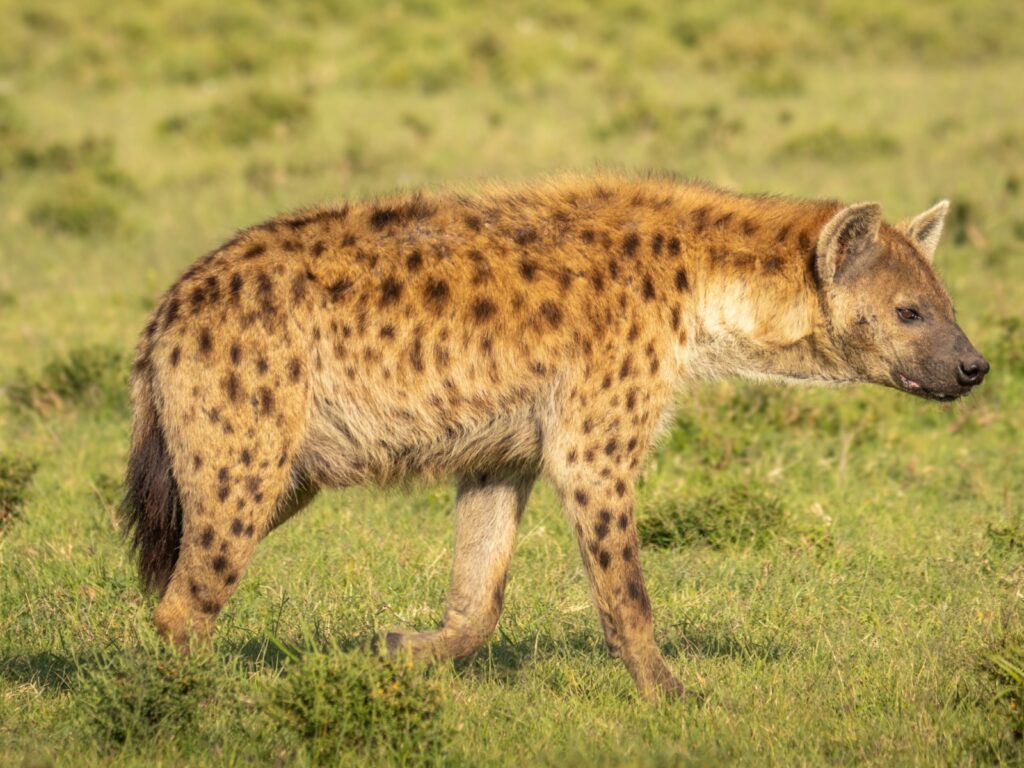
Spotted hyenas are more than just scavengers. These intelligent and social animals often compete with lions for food and territory. Hyenas hunt in packs and can take down prey as large as wildebeest. When in large numbers, they’ve been known to chase lions away from kills and even attack lion cubs.
Hippopotamuses
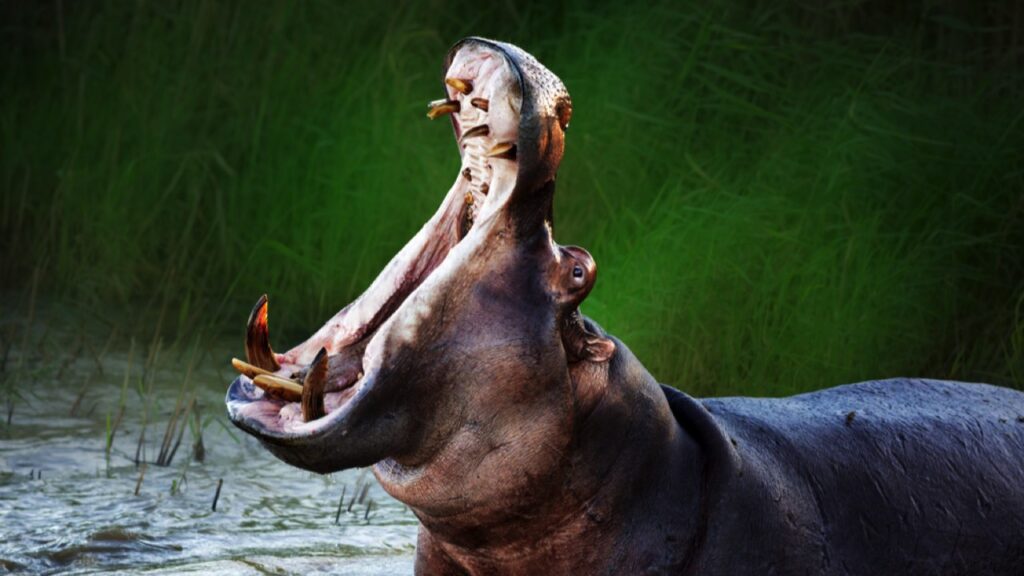
Hippos might look slow and clumsy on land, but they’re incredibly dangerous. These semi-aquatic mammals are highly territorial and can run faster than humans over short distances. Their massive jaws and sharp tusks make them formidable opponents. Lions generally avoid hippos, especially when they’re near water.
Rhinoceroses
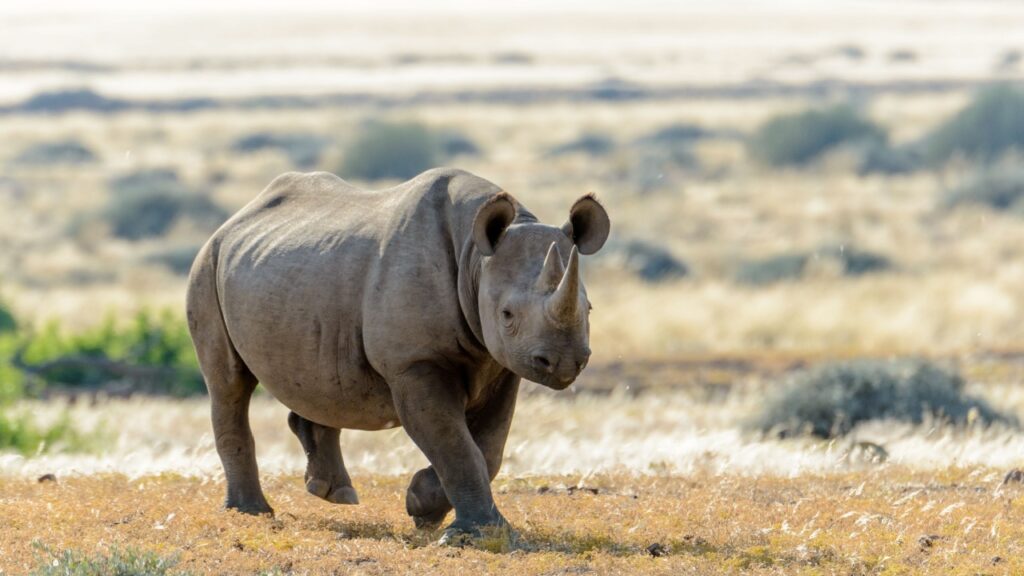
Rhinos are equipped with thick skin and formidable horns, making them challenging prey for lions. These solitary animals have poor eyesight but acute hearing and smell. When threatened, rhinos can charge at speeds up to 35 mph. Their size and strength mean that even a pride of lions would struggle to take down a healthy adult rhino.
Porcupines
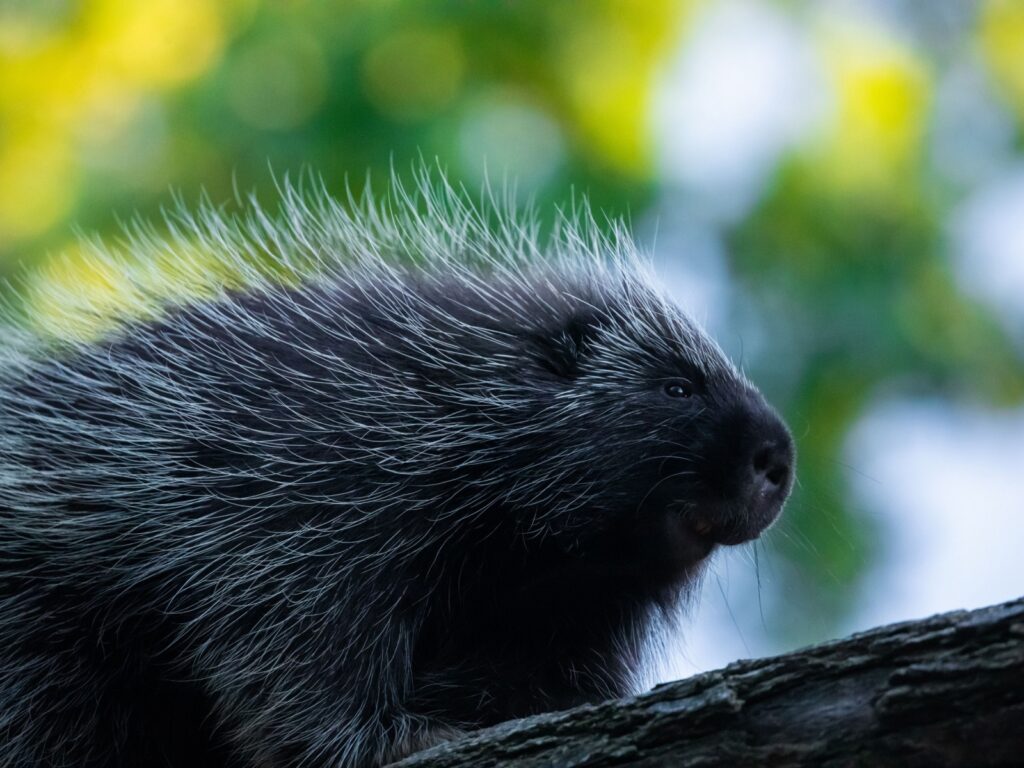
It might seem surprising, but porcupines can be a real threat to lions. These rodents are covered in sharp quills that can seriously injure predators. Lions have been found with porcupine quills embedded in their faces and paws, sometimes leading to infections or even death. Smart lions learn to leave porcupines alone.
African Wild Dogs
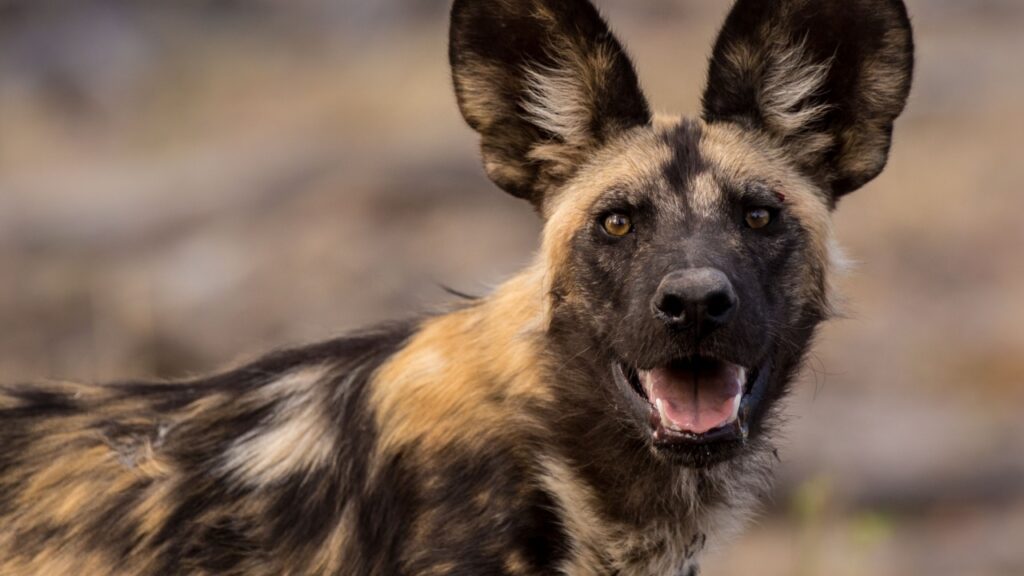
African wild dogs, also known as painted wolves, are skilled pack hunters. These social canines work together to bring down prey much larger than themselves. While they don’t often directly challenge lions, wild dogs can hold their own in confrontations. Their teamwork and stamina allow them to compete successfully with lions for food.
Honey Badgers
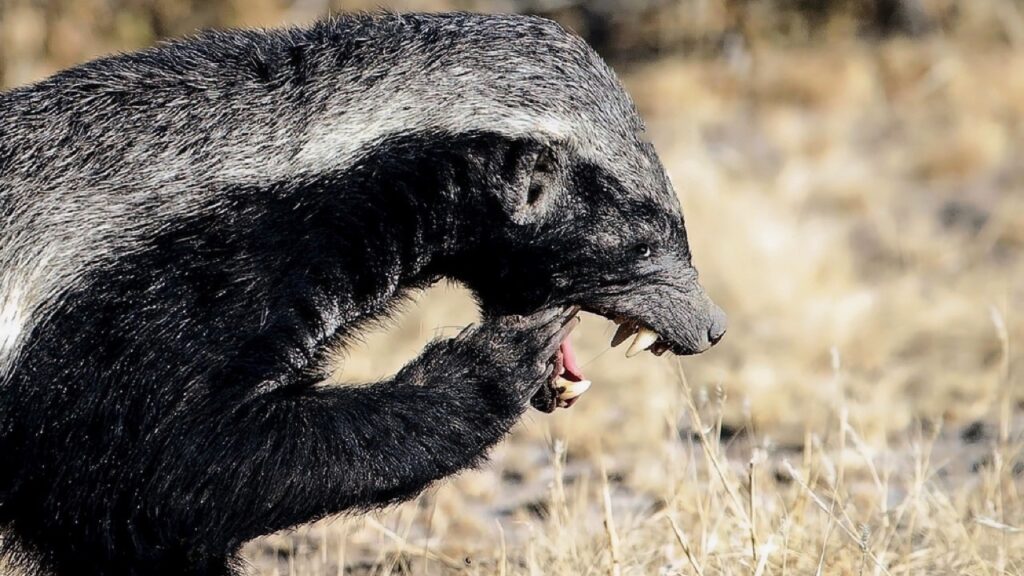
Don’t let their small size fool you – honey badgers are incredibly tough. These fearless mustelids have thick, loose skin that’s hard for predators to grip. They’re known for their aggressive behavior and have been observed standing up to lions. Honey badgers will fiercely defend themselves and their young, often causing larger predators to back down.
Gorillas
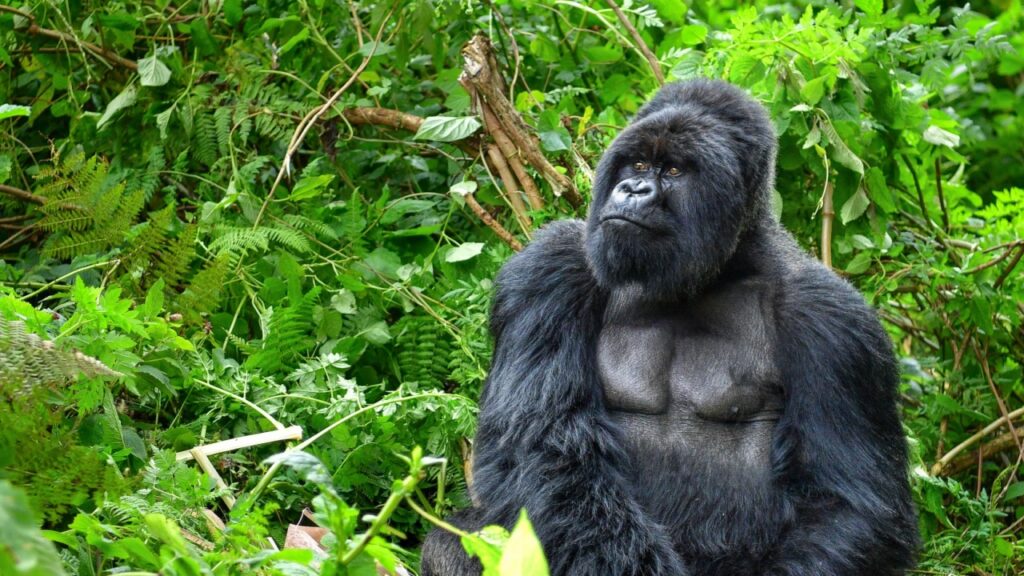
While gorillas don’t typically share habitats with lions, they deserve mention for their strength and protective nature. Adult male gorillas, known as silverbacks, are immensely powerful and fiercely defend their family groups. Their strength, size, and intelligence would make them formidable opponents for any big cat.
Humans
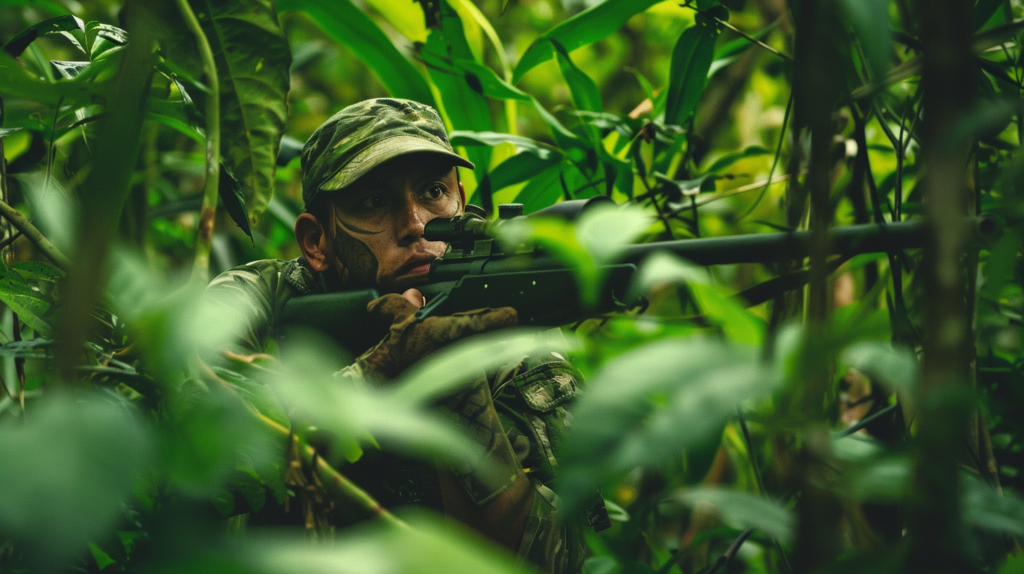
Humans have long been the most significant threat to lions. Whether through hunting, habitat destruction, or conflict over livestock, human activities have greatly reduced lion populations. However, humans also play a crucial role in lion conservation. By protecting habitats and promoting coexistence, we can help ensure the survival of these magnificent cats.=
Becky is a fervent wildlife enthusiast and pet care expert with a diploma in canine nutrition. Her love for animals stretches beyond the domestic, embracing the wild tapestry of global fauna. With over a decade of experience in animal welfare, Becky lends her expertise to OutlandishOwl through insightful articles, captivating wildlife information, and invaluable guidance on pet nutrition. Her work embodies a deep commitment to understanding the intricate lives of animals and a passion for educating others on sustaining natural habitats. Becky's hands-on conservation efforts and her knack for translating complex dietary science into practical pet feeding tips make her an indispensable voice for creatures great and small.

